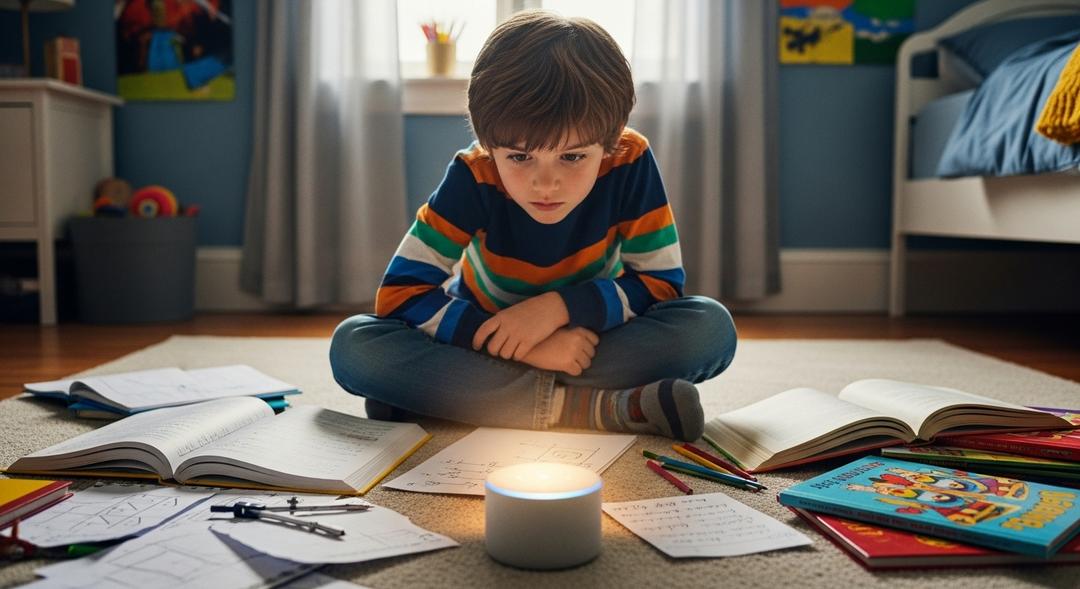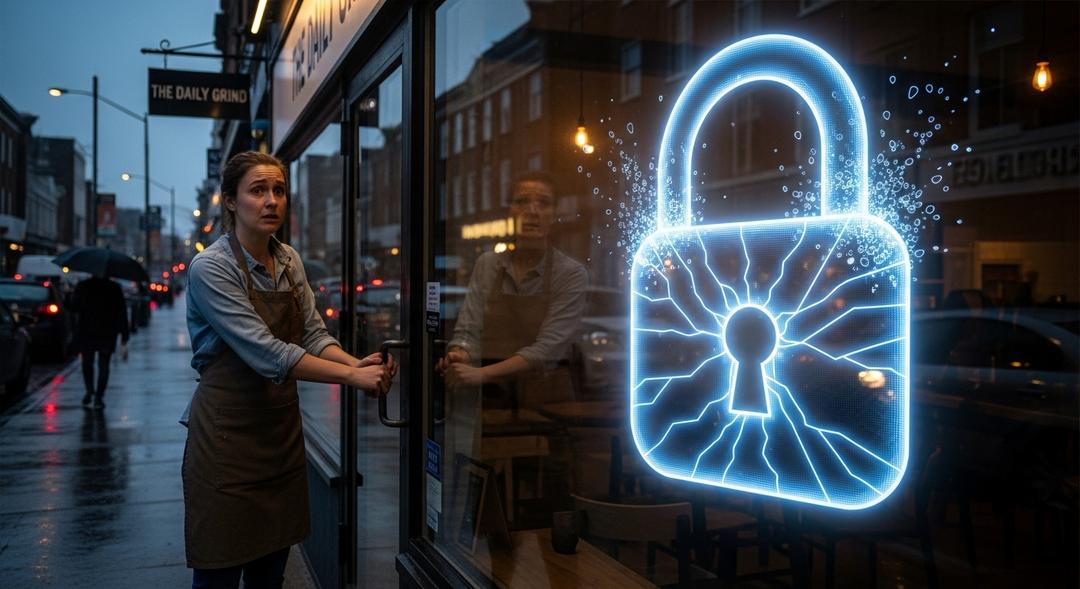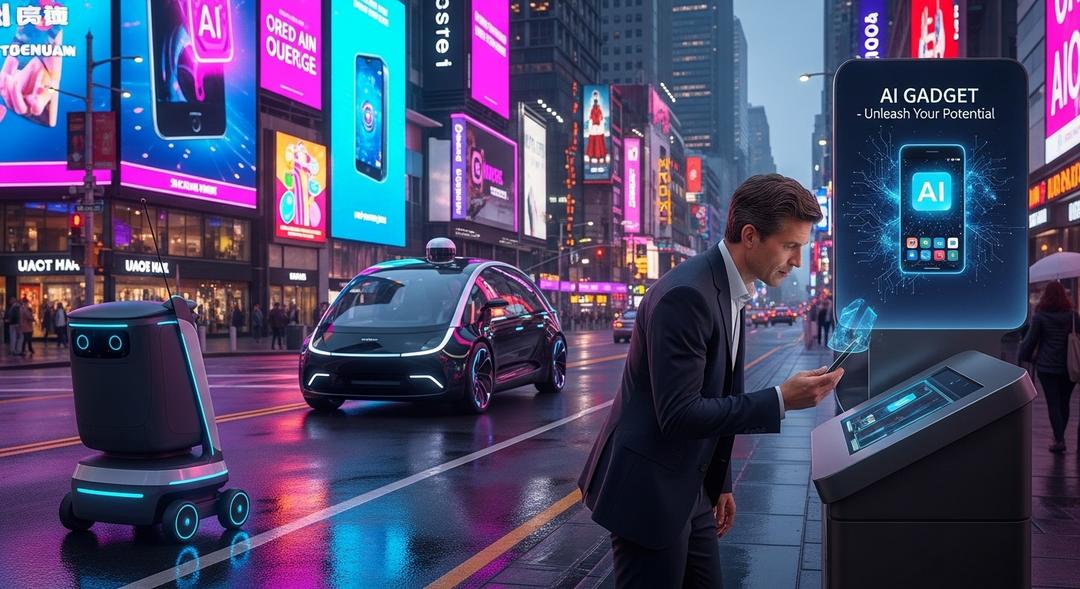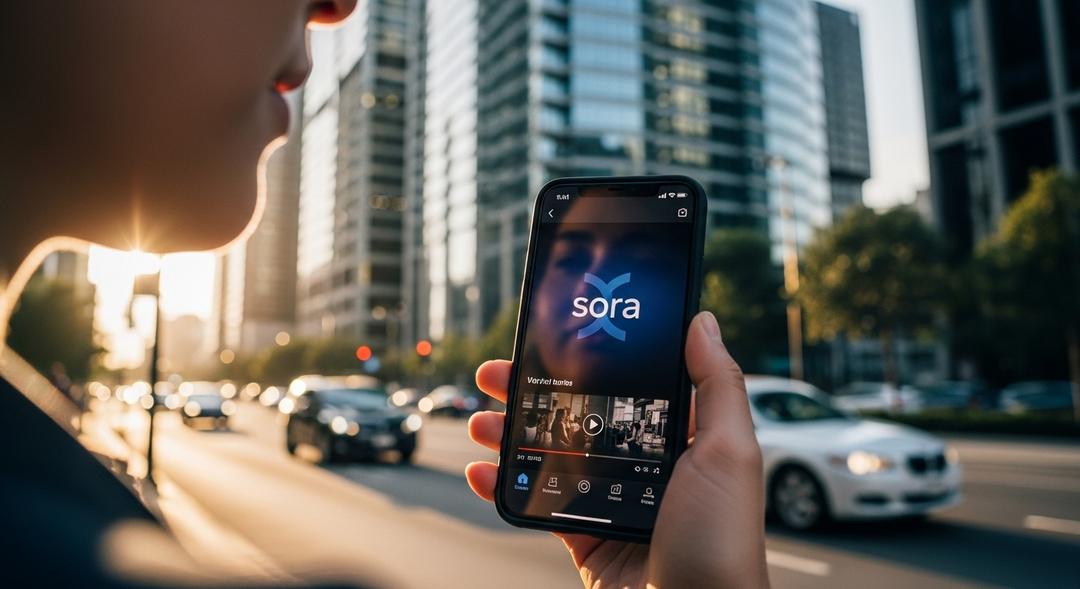The increasing reliance on AI friends is not limited to James. According to a survey by Common Sense Media involving over a thousand teens between thirteen and seventeen, almost three quarters have used an AI companion. More than half talk to them on a regular basis, and a third have opened up about relationships and social dilemmas to the bots.
Surprisingly, thirty one percent of these teens said their chats with AI felt just as satisfying or even better than those with real people. A similar portion admitted discussing weighty matters with the bots instead of humans.
Teens, Technology, and Real Connection
The findings come during what researchers call a crucial stage in teen social growth. Michael Robb, lead author of the study, explained that adolescence is a time when kids need to learn the nuances of human connections. “We don’t want kids to feel like they should be confiding or going to AI companions in lieu of a friend, a parent or a qualified professional,” Robb said.
One significant gap with AI bots is their inability to provide the nonverbal cues and friction that help kids develop emotionally. Robb pointed out that “AI companions are programmed to be agreeable and programmed to be validating,” which makes them unlike real friends or parents who challenge and sometimes disagree.
There’s another layer to the concern. Nearly a quarter of surveyed teens shared personal data with these digital characters, often unaware that their information could be stored, changed, or used by companies for other purposes. Robb warns, “You’re often granting these companies very extensive perpetual rights to your personal information that they can use however they want.”
Companies like Character AI, a popular platform among teens, emphasize that their digital characters are not real people and have put some controls in place. However, monitoring usage and keeping conversations safe is still a substantial challenge.
The consequences are complicated. Some experts fear that AI-driven companionship could make loneliness worse in the long run by reducing teens’ real world interactions, even if it offers a temporary sense of acceptance or understanding.
Psychotherapist Justine Carino highlighted what is lost without in person friendship, saying, “So much of our joy in our real-life friendships is these close connections where we can look at each other and understand each other without saying a word.”
For parents, the message is clear. Check in with your teens, talk about the nature of real relationships, and model healthy technology habits. If a teen spends hours with AI friends, seems distressed without them, or withdraws from other activities, professional support may be needed.








